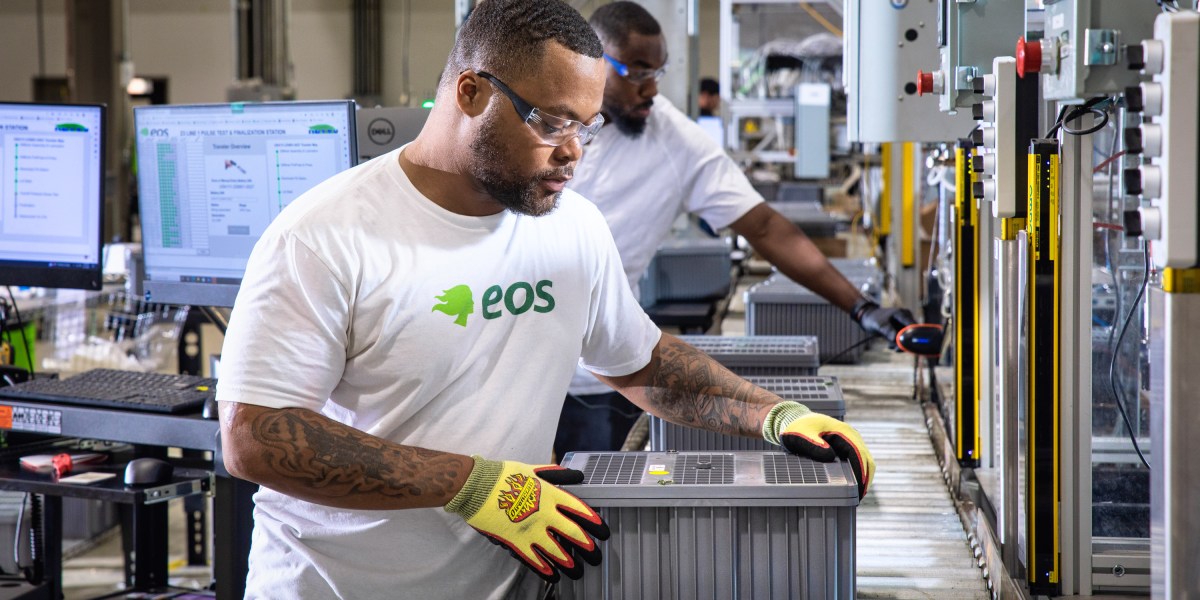Good lord that is a horrendous website on mobile.
LOL I have Ublock Origin so I don’t see the pop-ups but the website just freezes after 3 seconds of scrolling, and I have to leave. They’ve really ruined their site. 😆
Meh it worked just fine for me in Firefox Android with UBlock Origin and NoScript.
“Think again, Jimmy. You see the firing pin in your gun was made out of, yep, zinc.”
“Come back, zinc! Come back!”
I wonder if it can be cheaper and better at scale than iron-air batteries. Those seem inexpensive to make, and can carry a large enough capacity if you put a whole lot of them in parallel with each other, and have a long lifetime. They’re just really heavy for their amount of energy density and fairly low current per cell, but that shouldn’t be a problem when building enough to be grid-scale.
At that point one can use Na/O2… Much higher energy released by redox reaction, much lighter
Looks promising, but not soon, I think.
Eli5? Don’t zinc batteries suck compared to lithium?
It depends on what you value. For performance and power density, nothing really beats lithium at the moment.
However, for grid-scale battery these parameters are not necessarily very important. What matters most is cost over the lifetime, and that’s wher zinc batteries could be useful. They have the potential to be much cheaper than the cheapest lithium batteries.
They do. They are just looking for cheap way to store energy. They don’t care if batteries are big, heavy and less efficient, they need something as cheap as possible for a range of use cases where cost is important.
Lithium is expensive. My bet is that, on the long term, sodium will be used for such use cases. But in practice decision must account for practical limitations, primarily supply chain
No. Move to bio-based supercapacitors that uses biopolymers.
No, move to naquadah reactors that use goa’uld metamaterials
electric car problem solved?
Energy density on these are woefully inadequate for cars, but that doesn’t matter for stationary storage which is what this is for.
I’m more interested in how they will troubleshoot and perform preventative maintenance to the battery, since halides are quite toxic.
First they need to see if they work and can be produced economically





